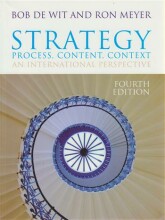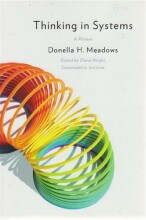The scientific method - Deduction, induction and abduction
8 important questions on The scientific method - Deduction, induction and abduction
What are the three strategies how knowledge can be generated?
What is the difference between deduction, induction and abduction?
Induction works from specific to general.
- We can never be completely certain about general statements
All sciences that take empirical phenomena are inductive sciences.
Induction relies on observation, and never directly leads to hypothesis.
Abduction means creating a hypothesis which can explain certain phenomena, based on existing data, describing two different competing hypthesis and research them.
Which strategies lead to new knowledge?
- Higher grades + faster learning
- Never study anything twice
- 100% sure, 100% understanding
If you have two models (hypotheses) which is the better one?
In deductive argument conclusions .....
The lead to new knowledge with induction and abduction
- lnduction is the finding of a certain regularity or a legality, but does not automatically lead to the finding of certain regularities. An observer is always needed.
- Abduction involves the establishment of a hypothesis/supposition, which should explain the observed phenomenon.
Why do creative ideas arise by certain people?
Louis Pasteur said that the fortune of scientific discovery will only accrue to those who have studied a particular subject intensively, sometimes for many years.
What is the difference between context of discovery and context of justification?
The context of justification is the situation that should verify or falsify the hypothesis.
The question on the page originate from the summary of the following study material:
- A unique study and practice tool
- Never study anything twice again
- Get the grades you hope for
- 100% sure, 100% understanding
































